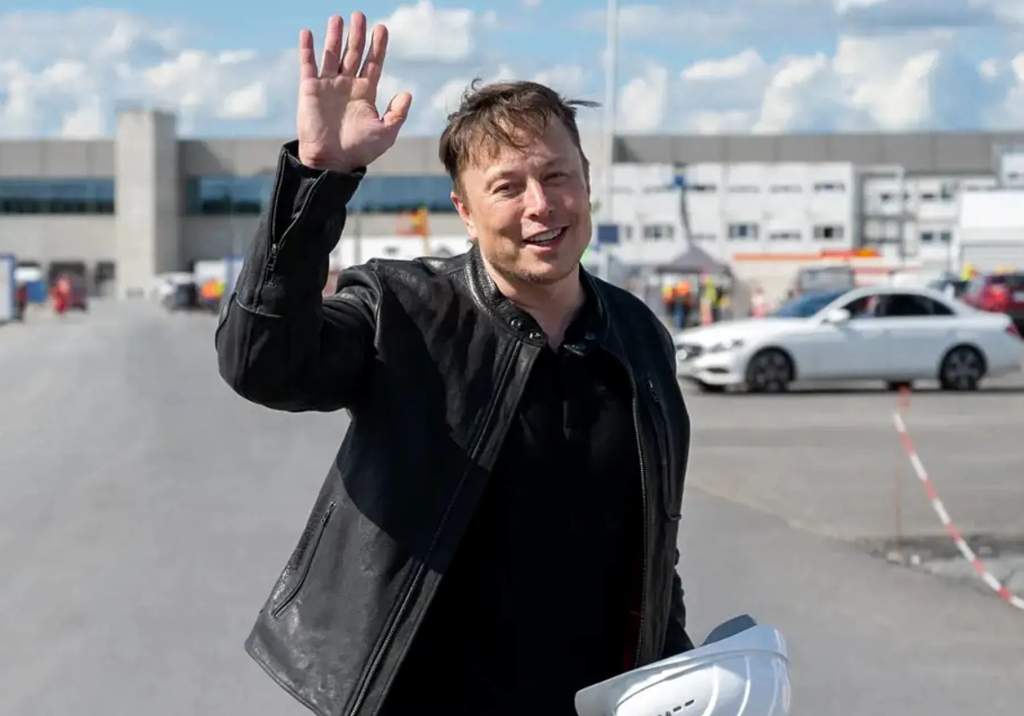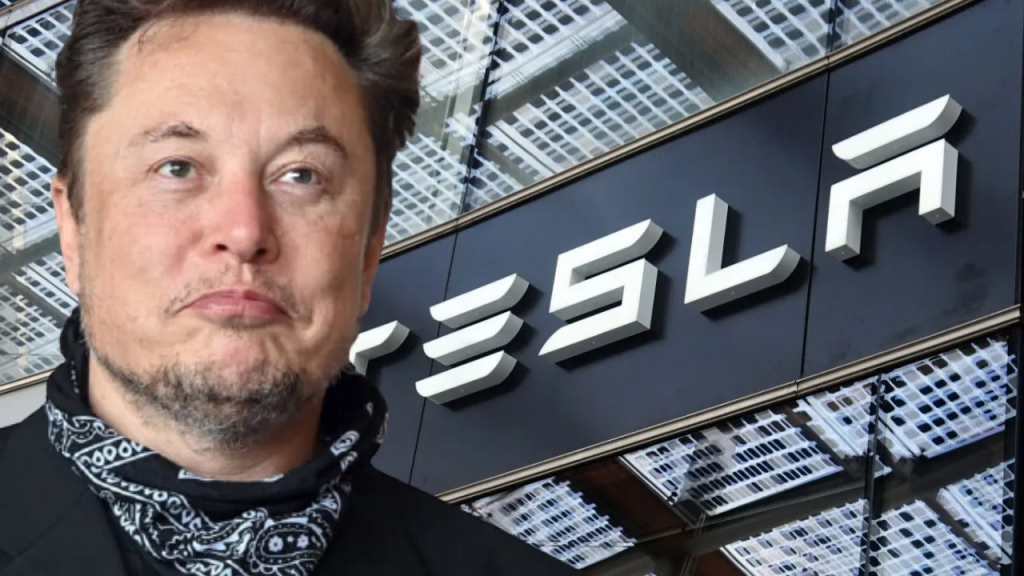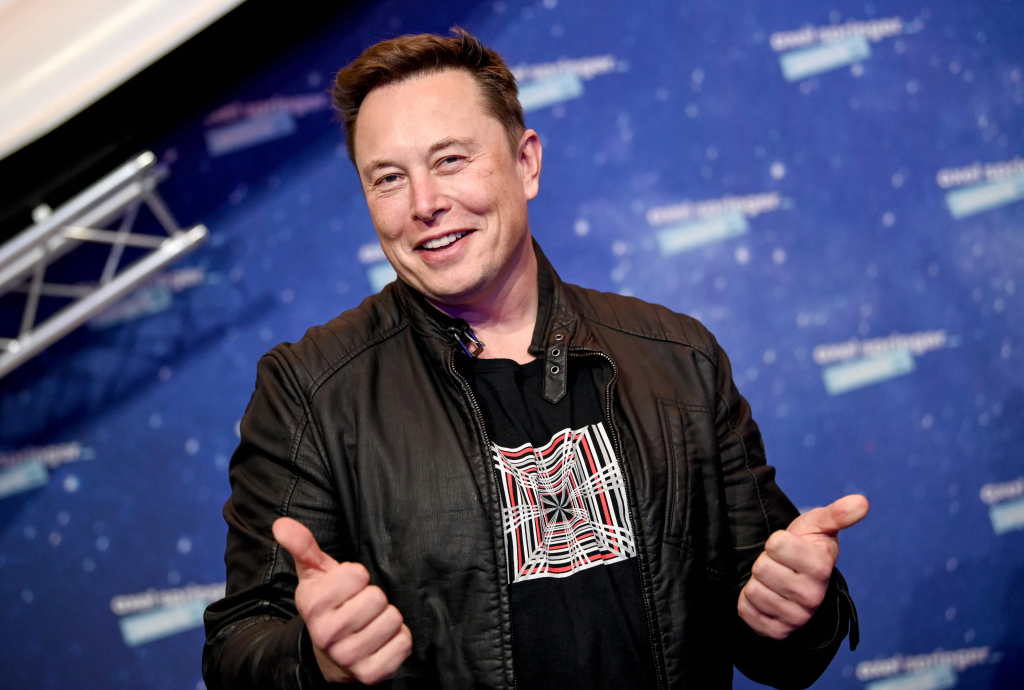Elon Musk’s Game-Changing Acquisition of Boeing: A New Era for the Aerospace Industry
In a strategic move that has sent shockwaves through the aerospace industry, Elon Musk, the visionary CEO of Tesla and SpaceX, has completed the purchase of one of the sector’s most iconic companies: Boeing. This monumental acquisition, valued at a staggering $250 billion, is not only one of the largest corporate purchases in history but also a pivotal moment that further consolidates Musk’s dominance in technology, global transportation, and space exploration. With this bold move, Musk is poised to redefine the future of aerospace, pushing the boundaries of what is possible in terrestrial, aerial, and space travel.

A Landmark Transaction: The Vision Behind Musk’s Bold Move
The sheer scale of this transaction underscores its significance. The acquisition of Boeing by Musk is set to reshape the entire aerospace landscape. Sources close to the deal suggest that Musk’s primary motivation is to merge Boeing’s extensive expertise in commercial aviation with SpaceX’s cutting-edge technological capabilities. This fusion aims to create a revolutionary model of air and space transportation, aligning perfectly with Musk’s futuristic vision.
In an official statement, Musk expressed his ambitious goals:
“Boeing has a rich and innovative history. Together, we will revolutionize the aerospace industry, breaking down the barriers between terrestrial, aerial, and space transportation. This is just the beginning of what we can achieve.”
Immediate Market Reactions and Industry Implications
The announcement of this historic acquisition sparked immediate reactions in the financial markets. Boeing’s stock saw a remarkable 35% increase, reflecting investor optimism about the company’s new trajectory under Musk’s leadership. On the other hand, competitors in the aerospace industry, particularly Airbus, are now facing what many analysts consider an existential threat. The combined forces of Boeing and SpaceX, with their plan to integrate disruptive technologies into commercial aircraft and space freighters, could dramatically shift the competitive landscape.
Regulatory and Governmental Scrutiny: Assessing the Impact
The magnitude of this acquisition has not gone unnoticed by governments and regulatory bodies worldwide. Authorities are now closely examining the potential implications of this deal on global competition and security. The consolidation of two industry giants under Musk’s leadership raises concerns about market monopolization and the potential for excessive control. Regulatory agencies are expected to scrutinize the deal’s impact on consumer choices, industry competition, and overall market health.

Musk’s Vision for the Future: Supersonic Travel and Sustainability
Elon Musk has grand plans for the integration of Boeing and SpaceX. Among his top priorities is the development of hybrid supersonic aircraft capable of space travel, effectively merging commercial aviation with space exploration technology. This innovation could revolutionize the way people travel, making high-speed, long-distance journeys more efficient and accessible.
Additionally, Musk is committed to creating a new line of net-zero emission commercial aircraft, aligning with his vision for a more sustainable future. This focus on environmental sustainability not only addresses pressing ecological concerns but also has the potential to transform the global perception of air travel, making it more eco-friendly and responsible.
Expanding Space Tourism and Interplanetary Travel
Another ambitious goal Musk aims to pursue is the expansion of space tourism, making interplanetary travel accessible to a broader audience. With SpaceX already at the forefront of space tourism, the integration of Boeing’s resources and expertise will accelerate this endeavor, bringing humanity closer to the dream of colonizing space. Musk envisions a future where space travel is no longer the privilege of a select few but an achievable aspiration for many.
Public and Expert Reactions: Celebrations and Concerns
While tech enthusiasts celebrate this acquisition as a groundbreaking step towards a future where terrestrial, aerial, and space travel are seamlessly interconnected, critics have raised concerns about the potential risks. Some warn of the dangers of monopolizing the aerospace industry and the implications of Musk wielding excessive control over global transportation and space exploration markets. This debate is likely to intensify in the coming months as more details about the merger and its implications emerge.

A Turning Point in Aerospace History
This unprecedented event is more than just a corporate acquisition; it’s a reaffirmation of the power and influence wielded by tech giants in shaping the future of global transportation and space exploration. Elon Musk’s latest move solidifies his position as one of the most influential and visionary entrepreneurs of our time. With his proven track record of industry transformation and his bold approach to tackling future challenges, Musk continues to push the boundaries, driving humanity towards new frontiers.
The Future Unfolds: Anticipation and Innovation
As we await the unfolding of these ambitious projects, one thing is clear: Musk’s acquisition of Boeing marks a watershed moment in the history of technology and aviation. This strategic maneuver not only redefines the structure of the aerospace industry but also sets the stage for a future where transportation and space exploration are more interconnected than ever before. The world watches with anticipation as Musk’s visionary plans take shape, promising to usher in a new era of innovation and exploration.


